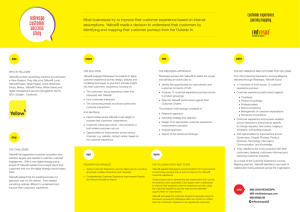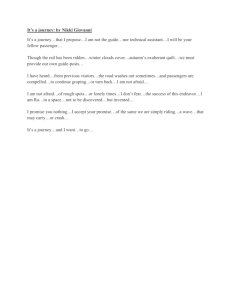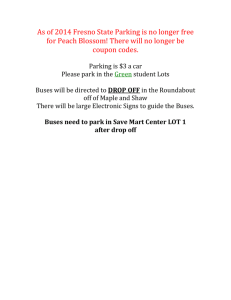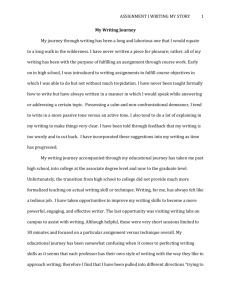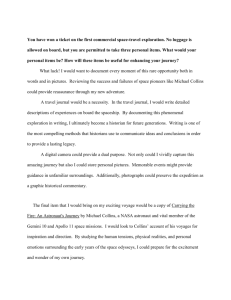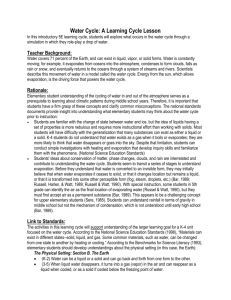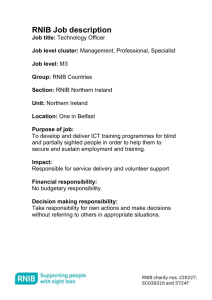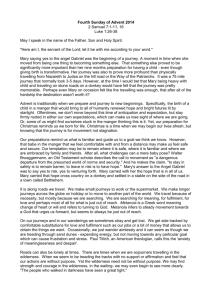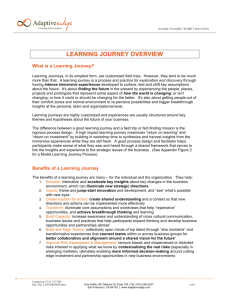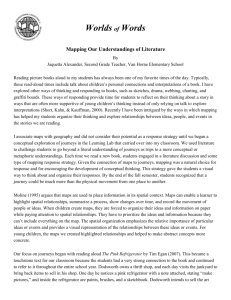Your stories: Travelling independently
advertisement
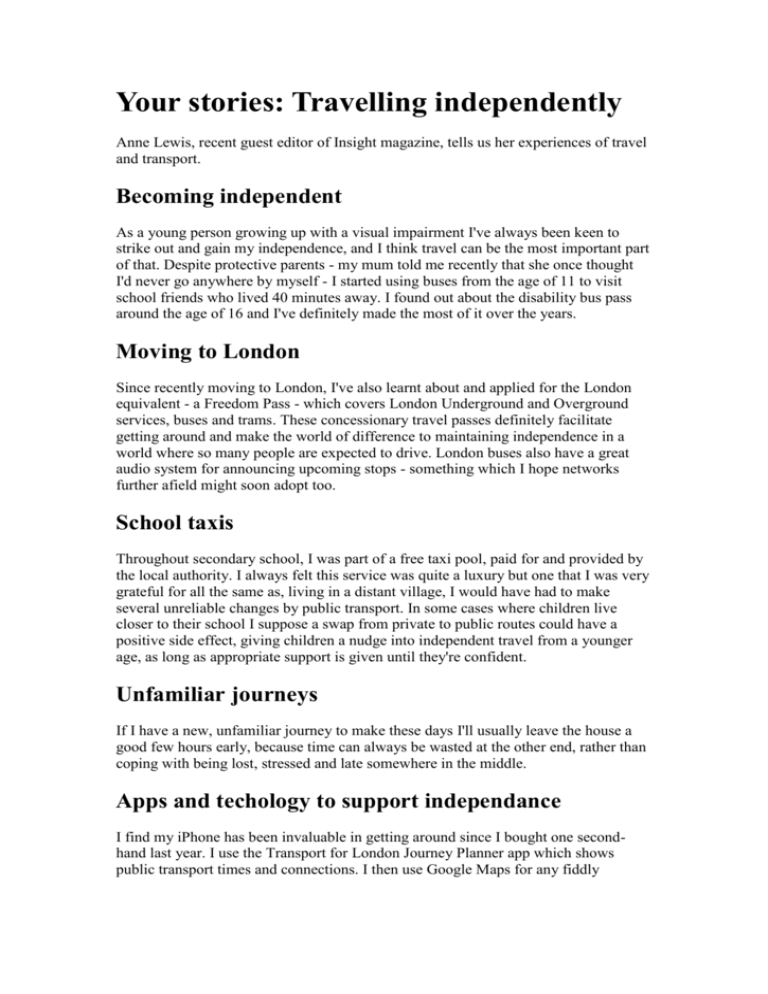
Your stories: Travelling independently Anne Lewis, recent guest editor of Insight magazine, tells us her experiences of travel and transport. Becoming independent As a young person growing up with a visual impairment I've always been keen to strike out and gain my independence, and I think travel can be the most important part of that. Despite protective parents - my mum told me recently that she once thought I'd never go anywhere by myself - I started using buses from the age of 11 to visit school friends who lived 40 minutes away. I found out about the disability bus pass around the age of 16 and I've definitely made the most of it over the years. Moving to London Since recently moving to London, I've also learnt about and applied for the London equivalent - a Freedom Pass - which covers London Underground and Overground services, buses and trams. These concessionary travel passes definitely facilitate getting around and make the world of difference to maintaining independence in a world where so many people are expected to drive. London buses also have a great audio system for announcing upcoming stops - something which I hope networks further afield might soon adopt too. School taxis Throughout secondary school, I was part of a free taxi pool, paid for and provided by the local authority. I always felt this service was quite a luxury but one that I was very grateful for all the same as, living in a distant village, I would have had to make several unreliable changes by public transport. In some cases where children live closer to their school I suppose a swap from private to public routes could have a positive side effect, giving children a nudge into independent travel from a younger age, as long as appropriate support is given until they're confident. Unfamiliar journeys If I have a new, unfamiliar journey to make these days I'll usually leave the house a good few hours early, because time can always be wasted at the other end, rather than coping with being lost, stressed and late somewhere in the middle. Apps and techology to support independance I find my iPhone has been invaluable in getting around since I bought one secondhand last year. I use the Transport for London Journey Planner app which shows public transport times and connections. I then use Google Maps for any fiddly walking bits, and then there's Twitter, email and text. So you're never lost with modern gadgets about. And if the battery dies or credit's low, I always ask for help. People are generally helpful, but if they're not, there's no harm done. Further information Planning your journey Transport operators should be able to provide you with information but there are many telephone numbers, websites and smartphone applications that can help too. For example, "UK Train Times" is an iphone app available on the Apple store which can tell you the names and distances of your nearest stations. It can also plan journeys and provides live departure information. The Describe Online website www.describe-online.com provides text guides for stations and transport hubs for national Rail, transport for London and national Tramways and Metro services. If you are travelling in London, Transport for Londons's online journey planner at www.tfl.gov.uk is accessible and provides live bus and train departure boards which can be checked on the internet or from your mobile phone. Try a Train Days These events are designed to help blind and partially sighted people and familiarise themselves with trains and stations. You can find out about Try a Train Days in your area by contacting your local train operator. To find your local train operator contact National rail Enquiries on 08457 484950 or visit www.nationalrail.co.uk. Interested in writing for us? To find out how you can write or guest edit the next edition of RNIB's Insight magazine, the leading magazine for parents and professionals supporting blind and partially sighted children and young people, email cypf@rnib.org.uk
